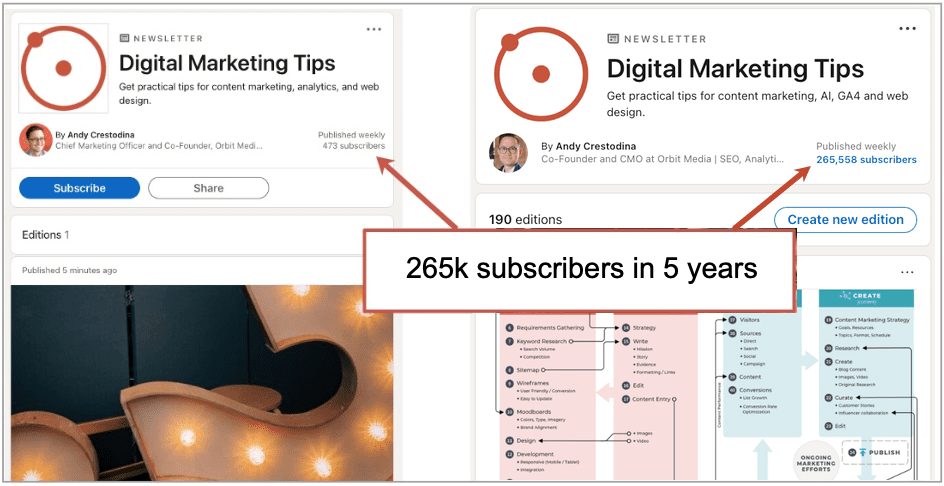our new employee is coming in way too hot
A reader writes: I hired a new employee because she is clearly smart and her ideas align with where we want to take our team. But her approach to the job is rude, overwhelming, and sometimes insulting. I hired “Dorothy” for a job for which she has extensive experience, but absolutely none within our industry. […] The post our new employee is coming in way too hot appeared first on Ask a Manager.

A reader writes:
I hired a new employee because she is clearly smart and her ideas align with where we want to take our team. But her approach to the job is rude, overwhelming, and sometimes insulting.
I hired “Dorothy” for a job for which she has extensive experience, but absolutely none within our industry. We work in a highly technical field, and it takes a long time to learn the space. We often suggest about a year to get comfortable.
We set the expectation that Dorothy would eventually take over the team she’s joining — the current team lead has his hands full and will appreciate passing things off — but not before she spends a year working with us and learning the business.
We’re still in the process of introducing Dorothy to everyone she’ll be working with and the products we sell, and she’s already advocating for huge changes that I wouldn’t recommend making until she fully takes over the team (lots of redesigns, restructuring team makeup, allocating budget that she doesn’t own). I’m in favor of this long-term vision — we wouldn’t have hired her otherwise — but these initial requests lack an understanding of what motivates the people she’ll be collaborating with, the industry, and how to get things done in our office effectively.
More importantly, her observations, feedback, and ideas can be too direct, often alienating. I know from speaking with references and directly asking her former managers about her work style that this is the big trade-off for her expertise.
Most onboarding sessions take twice as long as envisioned because of Dorothy’s interrogation. “Why would you do it that way?” or “I don’t understand how that would work” or “And this works for you?” or “Is there a reason you’re doing this?” are her typical conversation starters.
I sense that Dorothy asks these questions from a place of genuine curiosity. I can tell she even tries to soften some of her remarks, so I don’t believe she has the intention of insulting the people who are walking her through products and processes that have taken years to develop and improve. But it doesn’t always go down easy. Whether it’s nitpicking a project our team has taken years to complete or complaining about the layout of our office (something very much out of our control), I’m concerned that the displeasure of working with her might actually outweigh the benefit of her knowledge.
We’re currently in a three-month probationary period of her employment. I’m curious to know what we can do to make this a winning, positive working experience for all involved. Or, if necessary, how we properly adjudicate if this isn’t going to work out and part ways before the end of this three-month period.
– Wishing I would’ve hired the less-experienced, better-natured candidate
Have a candid conversation with Dorothy where you lay out your concerns without sugarcoating.
That gives you the best shot at figuring out quickly if this is something that can change or whether this is just how things will be if you keep her on. Not only is that the right move from a management perspective, it’s also kinder to let her know what your concerns are so that she can (a) change if she’s motivated to, or (b) choose to move on herself, or at least not be blindsided if at some point you decide it’s not working out.
I do think it’s interesting that you knew from references before she started that this was how she operated, but hired her anyway. I’m guessing it seemed like something manageable when it was theoretical, but now that you’re seeing it day-to-day, it’s worse/harder/more disruptive than you realized it would be. Still, you were warned and chose to hire her anyway, which feels like extra impetus to be as straightforward as you can, so that you’re both working from the same info and she has a chance to make good decisions for herself (whether that’s toning down her approach or concluding that this isn’t going to work, or at least understanding you might be headed there).
So: sit down and talk with Dorothy. You could start by asking how she’s feeling about the job, because who knows — maybe she has concerns of her own and it’ll be helpful to bring those out (and could move things toward a mutual conclusion that this isn’t the right match). But otherwise, you should say something like: “I have some concerns about how things are going. We talked early on about how you should expect to spend a year learning the business before you’ll be in a position to lead the team or assess potential changes. I’ve noticed, though, that you’ve been advocating for very significant changes already (things like X, Y, and Z). I like a lot about your long-term vision, but you won’t be well-positioned to propose things like that until you’ve spent more time building a better understanding of the industry and our office. So I want to ask, do you feel comfortable taking more of a back seat role for the next year than you’ve been doing so far? If that’s not your style, I understand — but it’s what we need for this role, and so if that’s not for you, we should talk about where to go from here.”
You can also say, “I’m sure this isn’t your intent, but the way you’ve been approaching people with feedback and questions is not working well for this context. My sense is that you’re coming from a place of genuine curiosity, but people are coming away from conversations feeling interrogated and even insulted. For example, when you talked with Cecil about the X project, you left him feeling he had to defend his expertise to you. And in yesterday’s meeting about Z, I think a few people felt insulted by the way you approached ABC. It’s not a style that will work well in this office, so is it something you’re open to approaching differently? I really value the expertise you bring, but if we’re just not well matched in this regard, I want to us both to be realistic about that.”
In other words: “Here’s what I’m seeing, it won’t work for this job, no judgment if what we need isn’t how you work, but this is what we need, so let’s have an honest discussion about whether this makes sense for both of us.”
To be clear, you don’t need her to agree that this isn’t working in order for you to conclude that on your own. You might end up needing to conclude it on your own if this conversation doesn’t change enough of what you need changed. But it’s the right place to start, and if you do decide to end things down the road, this will have laid the groundwork for being fair and transparent about how you got there.
The post our new employee is coming in way too hot appeared first on Ask a Manager.














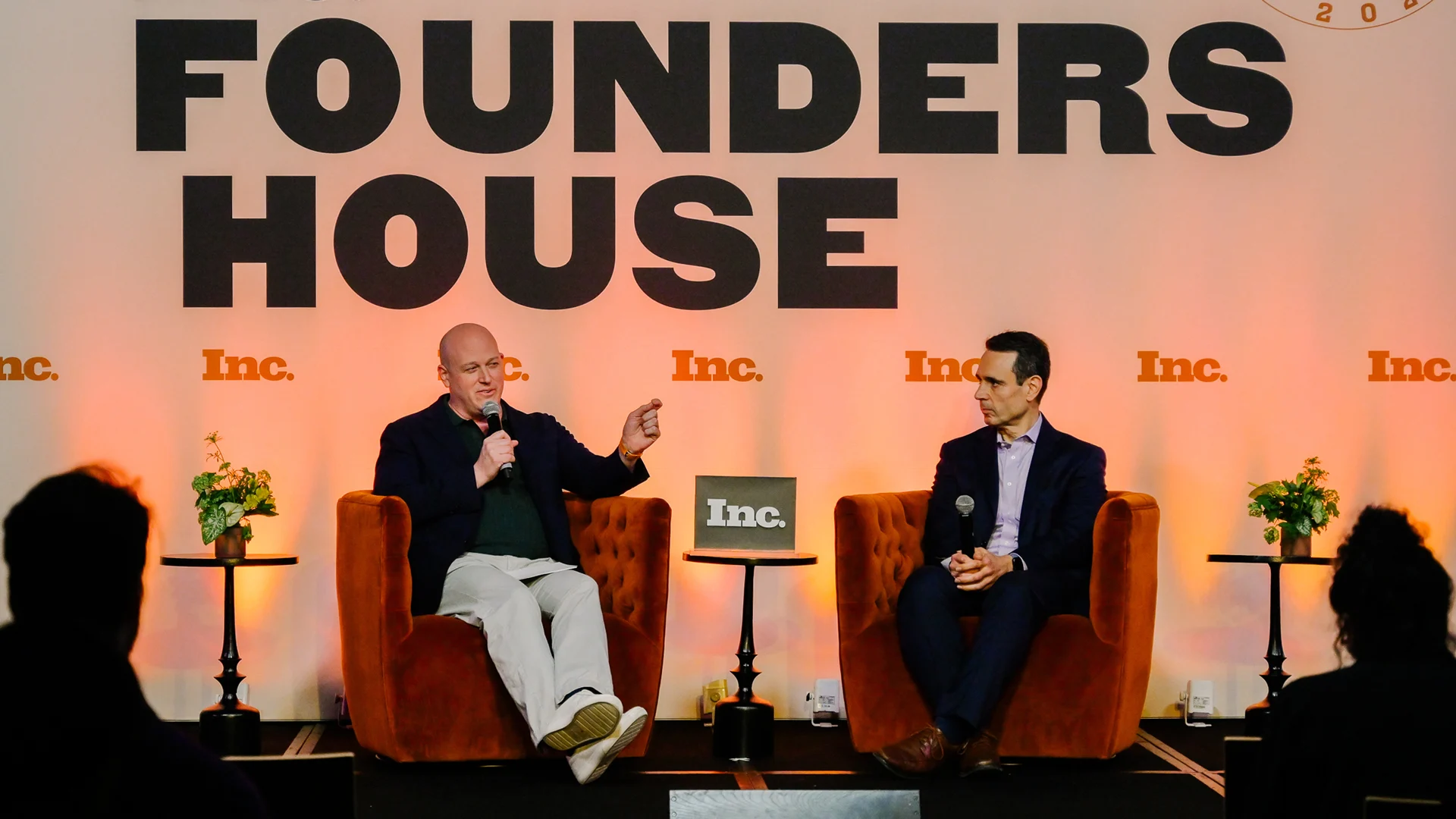





































































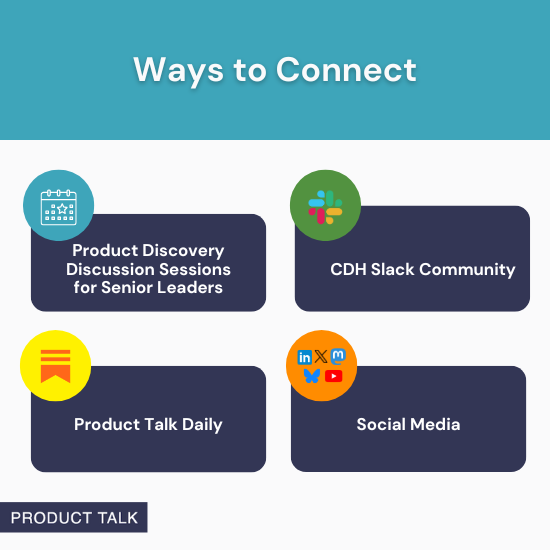













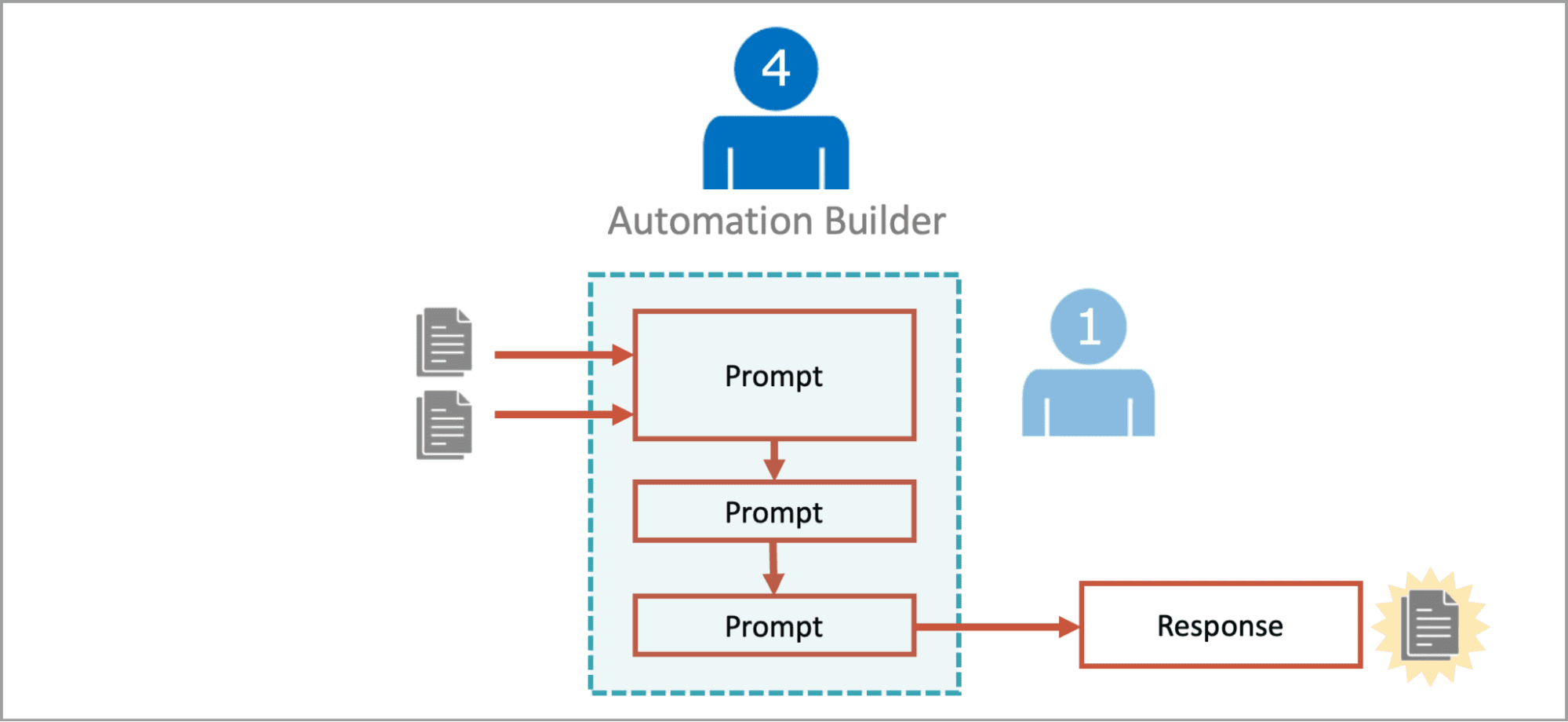




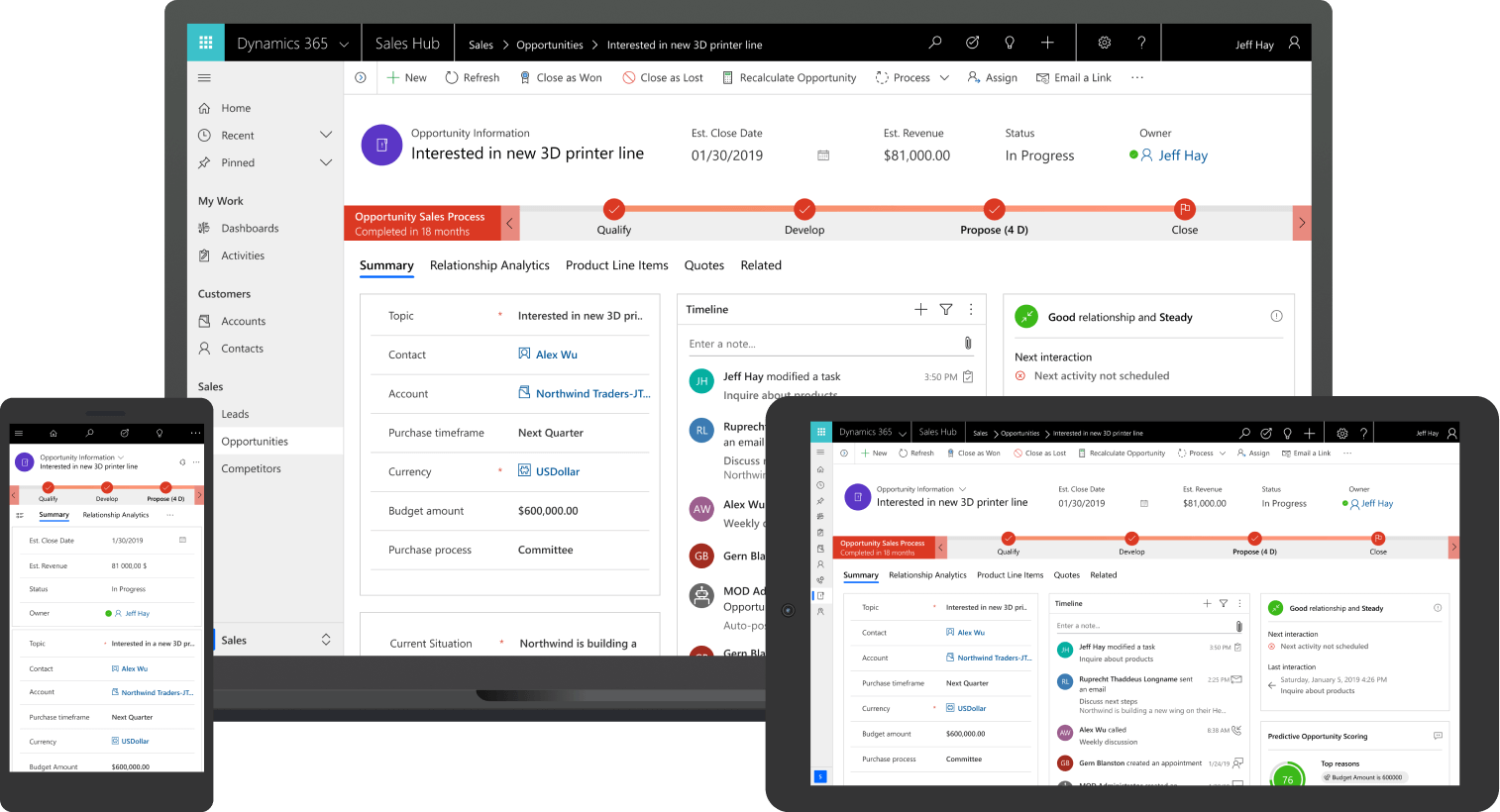
![Building A Digital PR Strategy: 10 Essential Steps for Beginners [With Examples]](https://buzzsumo.com/wp-content/uploads/2023/09/Building-A-Digital-PR-Strategy-10-Essential-Steps-for-Beginners-With-Examples-bblog-masthead.jpg)










